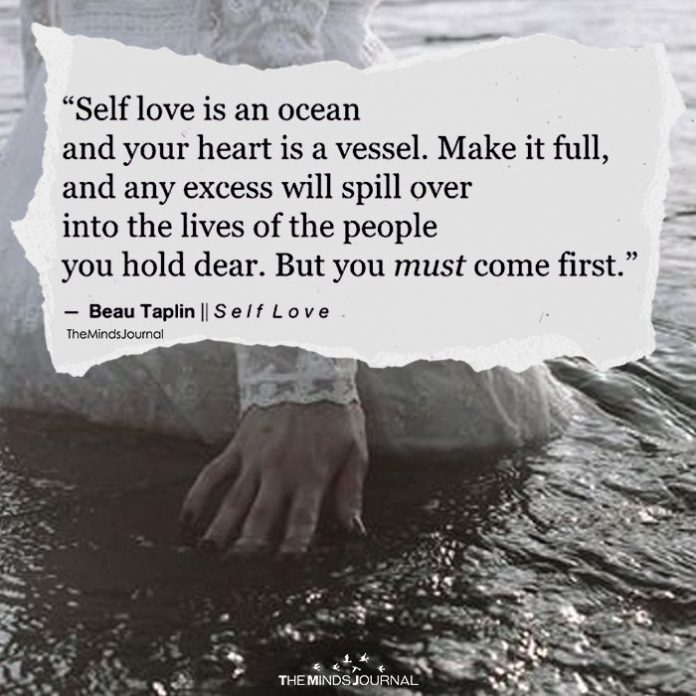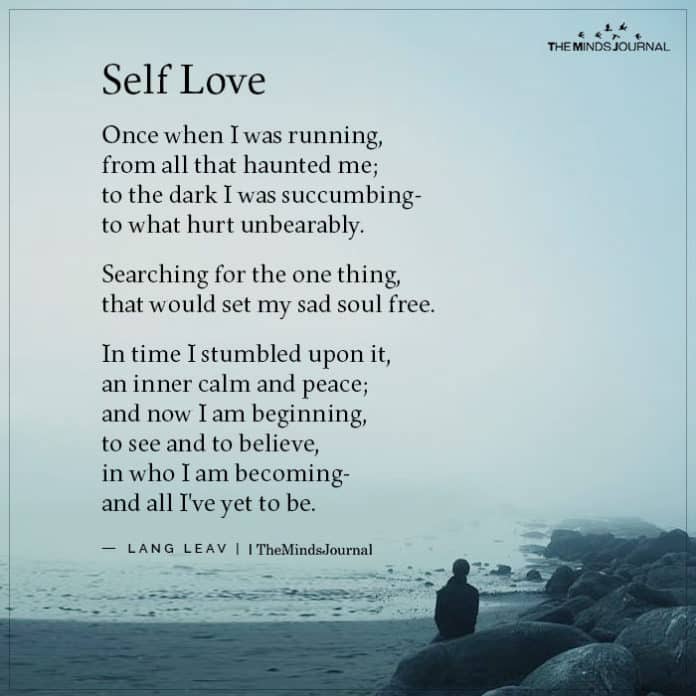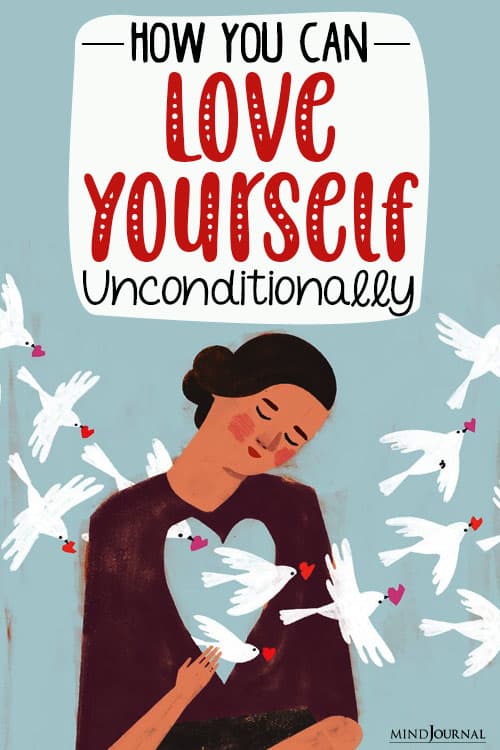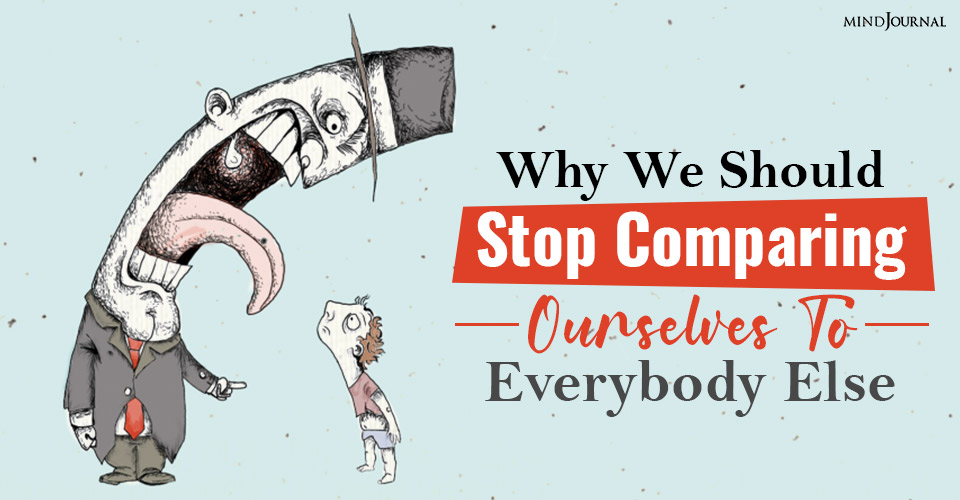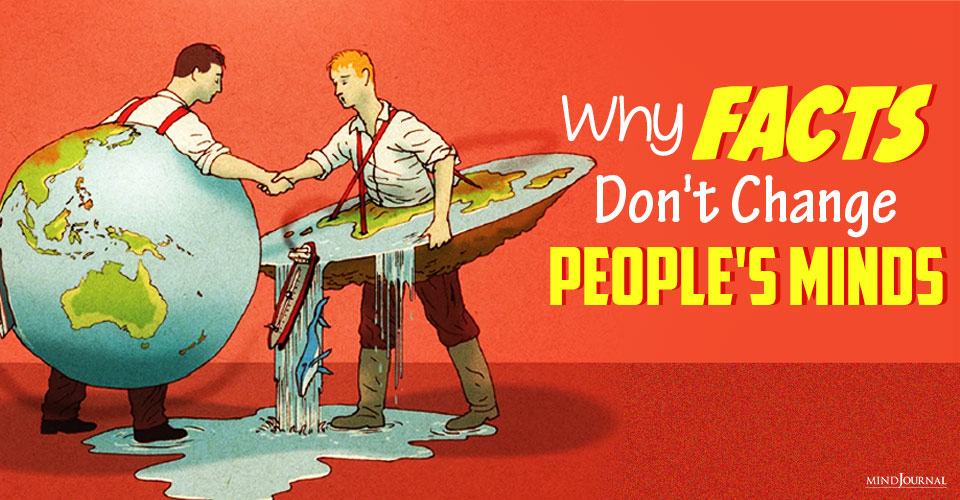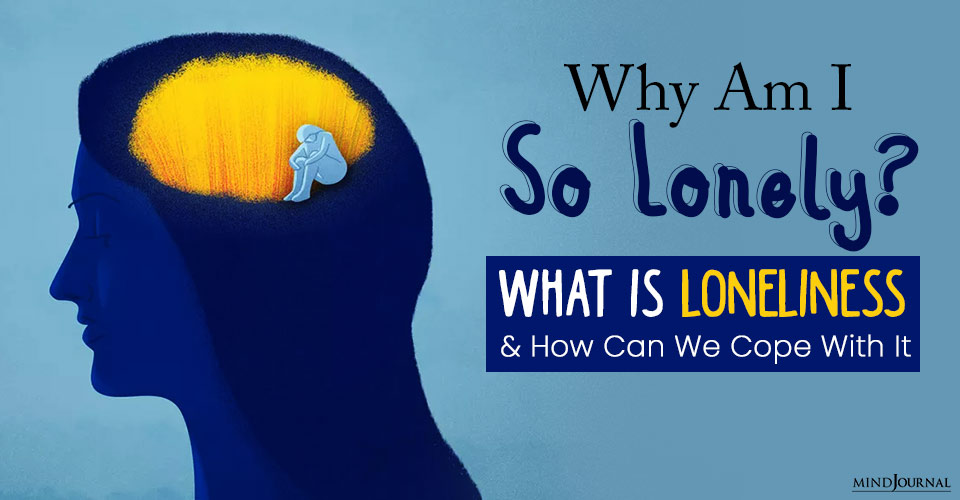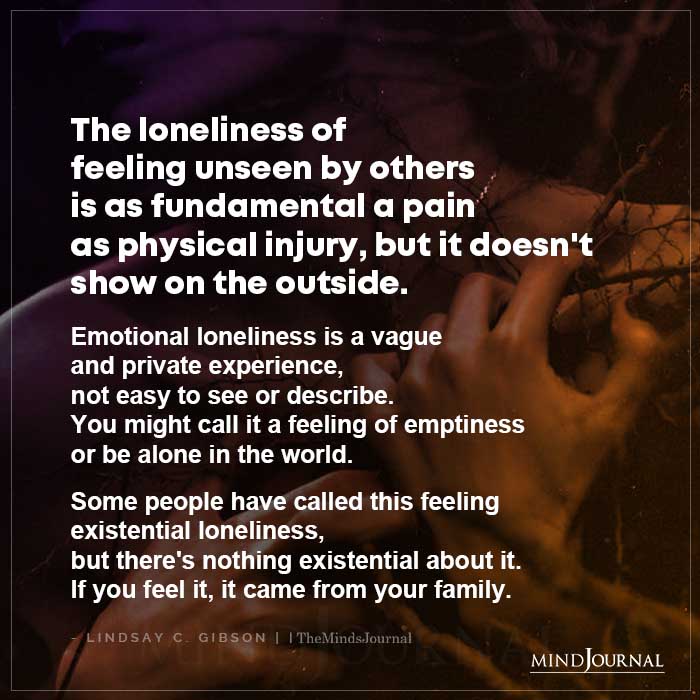Do you know how mature you are on an emotional level? Do you have the qualities of an emotionally mature person? And what does it mean to be emotionally mature?
Emotional maturity is an intrinsic quality that is important for a happy and successful life.
When you’re emotionally mature, you will maximize your resources, attract positive energy into your life, and build meaningful, lasting relationships.
We might be tempted to believe that emotional maturity depends on our biological age, but it mostly depends on the various experiences we have in life.
Today, emotional maturity has become indispensable for a better living. The more emotionally mature we become, the easier it is to accept changes and adapt to reality. You are better equipped to respond to the highs and lows of life.
What is Emotional Maturity?
Emotional maturity is a personality trait that allows you to understand and control your own emotions. Being emotionally mature, you can respond better to situations, self-regulate your reactions and behave in a calm and mature way when dealing with others.
It is an outcome of emotional development, emotional adjustment, and emotional stability that allows you to express emotions appropriate to your chronological age.
Emotional maturity is you control your emotions, instead of your emotions controlling you.
Signs You’re Emotionally Mature
Wondering if you’re emotionally mature? In this article, we are going to discuss the 15 key signs of an emotionally mature person.
1. You understand why people misbehave
Instead of finding faults and blaming others for their behavior, you understand that people are usually driven by their own anxieties and fears. You know that the world is not entirely black & white. You realize that people are complex and have many shades of grey. So instead of getting triggered or angry at their negative behavior, you pause and try to understand what they are actually trying to say.
2. You know you aren’t always right
You realize that you can make mistakes and get things wrong from time to time. You understand that you don’t have the right answers all the time. It’s easier for you to admit when you have made a mistake and apologize where it’s due.
3. You realize you’re unique, not special
You don’t think you’re special or better than others. You realize that all of us are unique in our own way. You are confident with who you are and appreciate your strengths and flaws. You understand we are all lost and scared, trying to do the best we can.
4. You don’t pretend to be the victim
You know that bad things happen in life but you also know that you can overcome them.
You don’t ask why nothing ever goes right with you and refuse to play the victim card as it will get you nowhere. Instead, you analyze the situation, understand your emotions and focus on moving ahead with positivity.
5. You appreciate imperfection
You know perfection is an illusion. You understand that we are all imperfect and you accept your flaws like you accept everyone else’s. You forgive people when they make a mistake instead of judging them. You know life is never perfect and that it can be frustrating. So you appreciate the good things you have and know that life is good enough.
Read Also, 8 Tips To Embrace Your Flaws And Fall In Love With Your Imperfections
6. You speak your mind
You realize people can’t read your mind and know what you are thinking and feeling automatically. You know that it is important to express yourself with the right words to be understood by others. You understand you need to say what you mean, what you want and tell your loved ones how much they mean to you every day.
7. You take positive action
You know talking is not enough. You need to walk the talk. You realize that positive thinking can help you get the right intentions, but only with positive action, you can get the results. You build relationships not by making hollow promises, but through your behaviors. You take time to evaluate situations and determine the best course of action.
8. You don’t fall in love easily
You realize that love and relationships are not the same. So you take more time to fall in love. You know everyone is flawed, just like you. You try to know a person before you let your feelings take over. You prefer the stability, compatibility, and connection of a healthy relationship over the dopamine rush of a crush.
9. You live mindfully
You don’t waste your valuable time thinking about the past or worrying about the future. Instead, you learn to live in the present moment as it is all you have. You appreciate what you have right now and realize that you’re already living your dreams. You see the infinite potential within you and trust the Universe to lead you where you need to go.
10. You create your own happiness
You know that happiness is not something we find, rather something we create. It is a mindset, an attitude that you cultivate. You choose to be happy and bring happiness in any situation. You realize that you can be happy even when you are pursuing a better life. Your happiness doesn’t depend on others. Happiness is a choice that you make every day.
Read Also, How to Be Happy with What You Have According To Psychology
11. You learn to compromise
You understand the value of making compromises. You realize that making sacrifices in life is important to move ahead and that it is a sign of strength, not weakness. You choose to settle in some areas and accept inconveniences as you know there is no such thing as a ‘perfect life’.
12. You don’t care about what others think
You aren’t really bothered or concerned about what other people think of you. Their judgments about you hold no value as you realize they themselves are flawed. You stop trying to make others like you as you and your loved ones are happy with who you are.
13. You start accepting criticisms
You realize that feedback and positive criticism can actually help you identify your weakness and evolve. Realizing that not everyone is trying to humiliate you, you start listening to criticism and learn to survive without taking every comment personally.
14. You realize your past shapes your future
You understand how your past experiences and trauma influence your responses and reactions to certain circumstances and events. You realize that you tend to overreact in certain situations due to your past experiences. You become suspicious of your feelings. You learn to control your initial impulses and pause before you respond.
15. You know you’re a survivor
You are learning to remain calm even in the face of adversity as you know deep down you will survive at the end of the ordeal, no matter what. Although things may change, you always have a ‘Plan B’ to endure even the harshest conditions. You realize sometimes being a survivor is more important than being a winner.
Are you emotionally mature?
Emotional maturity is the secret that enables happy and successful people to cope better with challenges and pressures to achieve the best results even in the face of adversity.
Although all of these signs may not hold true for you, these signs will help you identify to what extent you are emotionally mature.
The fact is, most of us have varying degrees of emotional maturity that allow us to control any situation tactfully and intentionally to live a happy and fulfilling life.
How many of the signs do you see in your own life? Share your experiences and views in the comments sections below.











